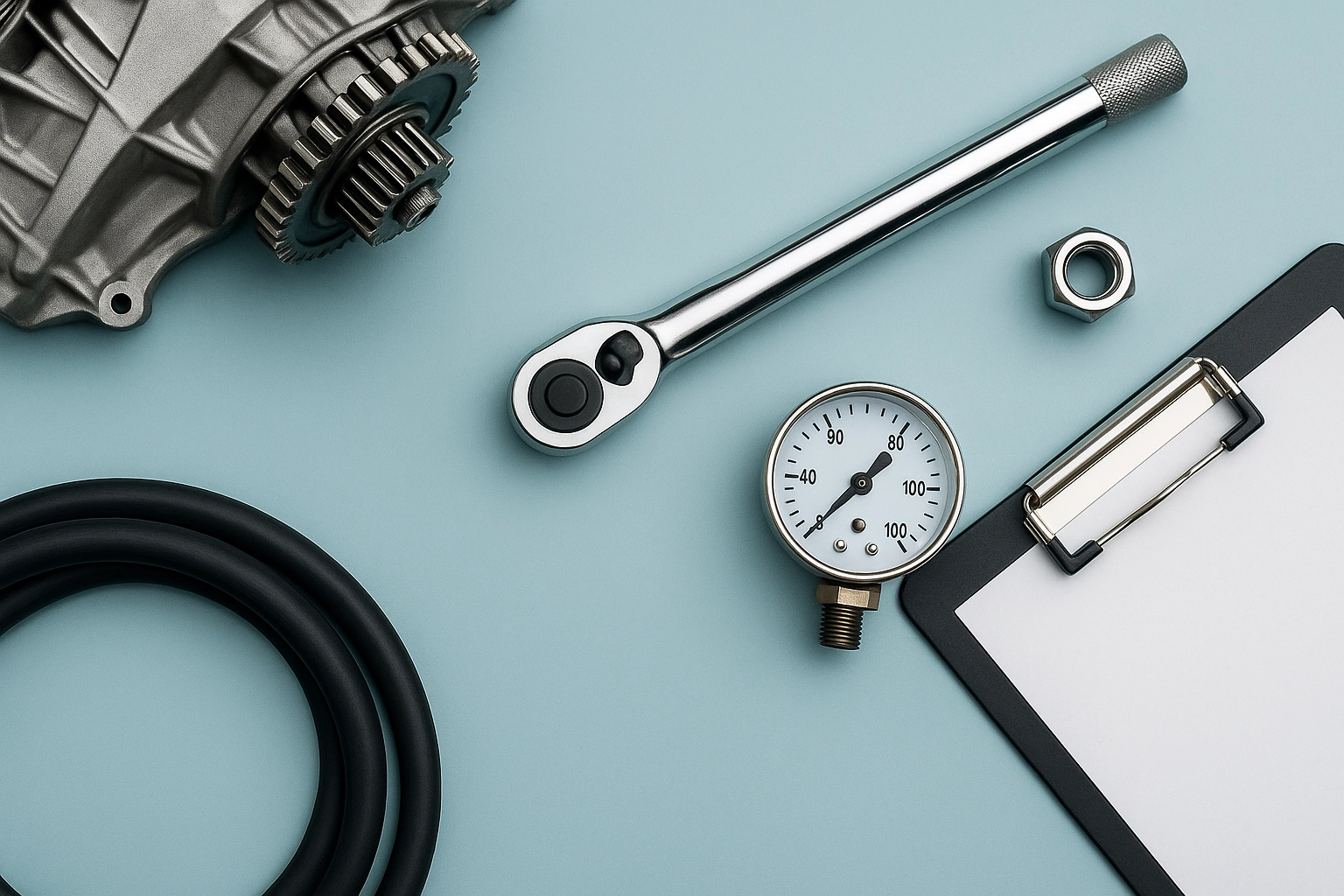ISO 19453 Hybrid and Electric Cooling System Test
The ISO 19453 standard provides a comprehensive framework for testing hybrid and electric vehicle cooling systems. This test ensures that the cooling system can efficiently manage heat dissipation, which is critical for maintaining optimal operating temperatures in these advanced vehicles.
Hybrid and electric vehicles (EVs) present unique challenges due to their reliance on multiple power sources and complex thermal management systems. The cooling system plays a crucial role in ensuring that the battery, motor, and other components operate within safe temperature ranges. Failure to properly manage heat can lead to reduced performance, increased energy consumption, and even potential safety hazards.
The testing procedure outlined in ISO 19453 is designed to simulate real-world driving conditions while subjecting the cooling system to various stress factors. This includes thermal cycling, load variation, and dynamic operation scenarios. The test aims to evaluate both the static and dynamic performance of the cooling system under these challenging conditions.
During the test, a series of parameters are monitored and recorded. These include temperature variations within the cooling loop, pressure differentials, flow rates, and heat transfer coefficients. The testing apparatus typically consists of a climate chamber capable of simulating wide-ranging ambient temperatures, a coolant supply system with controlled fluid properties, and data acquisition hardware to capture real-time performance metrics.
The test setup also allows for the simulation of various driving conditions such as city driving, highway cruising, and rapid acceleration/deceleration. This comprehensive approach ensures that all critical aspects of the cooling system are thoroughly evaluated under realistic operating conditions.
One key aspect of this testing is the evaluation of thermal resistance within the cooling loop. The test assesses how effectively heat can be transferred from the components to the coolant, highlighting any potential bottlenecks or inefficiencies. This information is invaluable for R&D engineers looking to optimize component designs and improve overall system performance.
The results of this testing are critical for quality managers in ensuring that the cooling systems meet not only ISO 19453 standards but also internal company specifications. Compliance with these standards helps ensure product reliability, safety, and market acceptance.
For procurement teams, this test provides a robust framework for evaluating suppliers of cooling components. It ensures that all parts are compatible with the overall system design and can perform under extreme conditions. This leads to more efficient supply chain management and reduced risk of component failures during vehicle assembly.
Industry Applications
| Application | Description |
|---|---|
| Hybrid Vehicle Development | The ISO 19453 test is essential for validating the cooling system's ability to manage heat dissipation in hybrid vehicles, ensuring optimal performance and safety. |
| Electric Vehicle Manufacturing | This testing ensures that EV cooling systems are capable of handling the unique thermal challenges posed by battery packs and motor operation. |
| R&D for Advanced Cooling Solutions | Test results provide critical data for R&D teams to improve cooling system designs and enhance overall vehicle efficiency. |
| Supplier Evaluation | Suppliers of cooling components are evaluated based on their performance under ISO 19453 conditions, ensuring compatibility with the final product design. |
Why Choose This Test
The ISO 19453 test is crucial for several reasons. Firstly, it ensures that cooling systems are capable of withstanding the rigorous thermal demands placed on them by hybrid and electric vehicles. The comprehensive nature of this testing allows engineers to identify potential weaknesses in the system design early in the development process.
Secondly, compliance with ISO 19453 standards is a requirement for many regulatory bodies worldwide. This ensures that products are not only technologically advanced but also meet global safety and performance criteria. For manufacturers, this can significantly reduce the risk of non-compliance penalties and improve market entry.
Thirdly, the test results provide valuable insights into system behavior under real-world conditions. Engineers can use these data points to refine their designs, leading to more efficient and reliable cooling systems. This not only enhances vehicle performance but also contributes to environmental sustainability by reducing energy consumption and emissions.
Finally, the ISO 19453 test offers a standardized approach that facilitates international collaboration and communication within the automotive industry. This standardization promotes consistency in testing protocols across different regions, ensuring that products meet global standards without requiring multiple sets of tests.
Customer Impact and Satisfaction
- Enhanced product reliability through thorough testing under real-world conditions.
- Improved customer safety by ensuring that cooling systems operate within safe temperature ranges.
- Increased market acceptance due to compliance with international standards.
- Reduced risk of product failures during vehicle operation, leading to increased customer satisfaction and loyalty.





